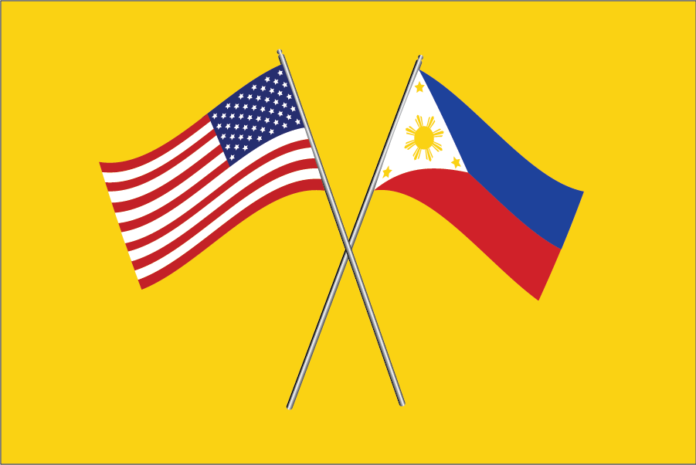Commemoration is through education, America’s history of oppression in the Philippines continues to be prevalent today
Filipino American History Month (or FAHM, as it’s widely known in the Filipinx-American (FilAm) community) is celebrated in October to commemorate the first recorded presence of Filipinos in the continental U.S.
Many organizations hold events to bring attention to the significance of this month and educate the community on the history of FilAm people.
Although this month celebrates the beginnings of what is now one of the U.S.’ largest ethnic groups, it is mainly an opportunity for people to seek out information on their cultural background and the struggles of what the FilAm community has faced.
One of the most repressed narratives in FilAm history comes from how the U.S. was (and still is) complicit in the erasure of Filipino communities and culture, while refusing to truly recognize those effects.
The U.S.’ heavy-handed influence stems from the aftermath of the Philippine Revolution against Spanish colonialism. While the U.S. had originally offered their support for Philippine independence, after the war the U.S. claimed sovereignty over the Philippines and overthrew the rising government.
Additionally, the U.S. government offered Filipinos American citizenship and land if they enlisted in World War II, but once the war ended, they were denied those things and were not recognized as veterans. Despite having used the islands as a warzone, the U.S. also refused to help rebuild the Philippines lands and economy, instead creating an imperial rule that mimicked the U.S.’s own system of government under the veil of democracy.
This bureaucracy still exists as the primary form of authority in the Philippines with its current president, Rodrigo Duterte, working closely with Donald Trump.
Much of the history is oppressed to hide the effects of colonization in the islands that continue to exist and to deter people from rising up against the current government. This is seen in the implementation of U.S. education in the Philippine school systems and by consequence, its erasure of indigenous history, which would reveal how the people have repeatedly fought against oppression through multiple revolutions.
Students learn the English language in their classes and more about the benefits of the U.S.’ influence rather than the indigenous peoples, called the archipelago, and their languages.
The use of the word “history” in FAHM is very intentional in that the purpose of the month is not just to celebrate Filipino culture, but also to recognize the struggles that the Filipino people have faced.
Saira Singh, a recent UC Davis graduate in biological sciences with minors in education and human development, currently works as an ethnic studies educator for Pinoy/Pinay educational partnerships and sheds light on more of the advantages and limitations of this commemoration.
“It isn’t just about the culture, like the food, music or art. It brings light to issues and provides educational programming or publications that are beneficial to the community,” Singh says, “it’s about the history, the struggles, and the people.”
“America has a ‘heroes and holidays’ approach to commemorating history and groups of people when the best way to honor these groups is through integrated education of ethnic studies in history and recognition of America’s part in oppressing these groups.”
For those interested in learning more, UC Davis’s Mga Kapatid, Kappa Psi Epsilon Sorority, INC., BRIDGE, and other UCD FilAm organizations have educational opportunities for students to learn more about FilAm cultural history.
Written by: Mariah Viktoria Candelaria — arts@theaggie.org





